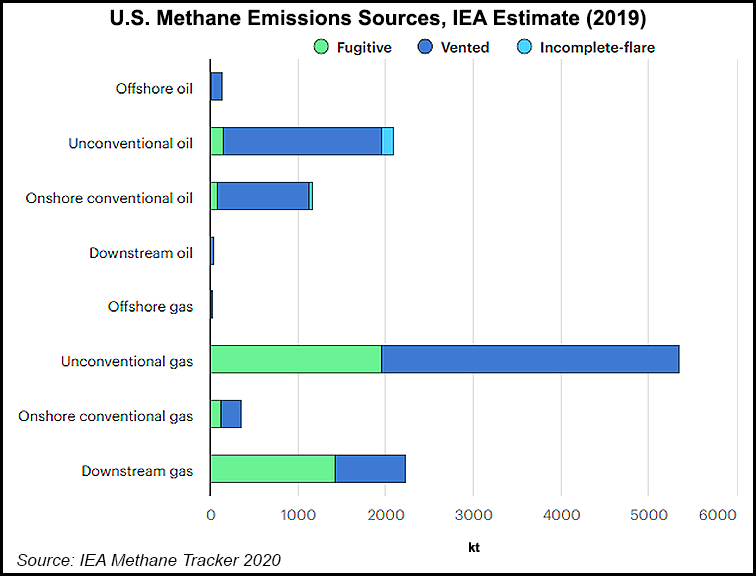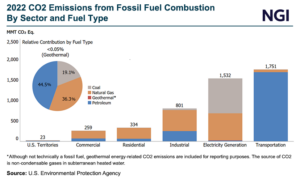E&P | Energy Transition | NGI All News Access | NGI The Weekly Gas Market Report
Chesapeake to Certify Haynesville, Appalachia Natural Gas Production as Responsibly Sourced
© 2024 Natural Gas Intelligence. All rights reserved.
ISSN © 2577-9877 | ISSN © 1532-1266 | ISSN © 2158-8023 |



